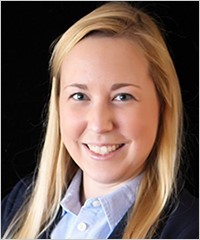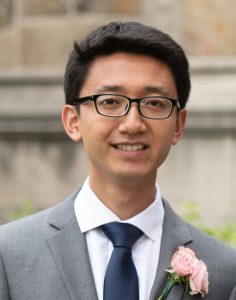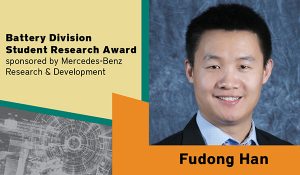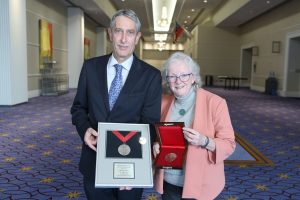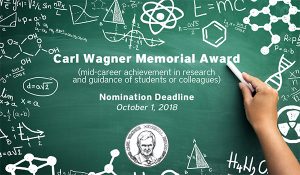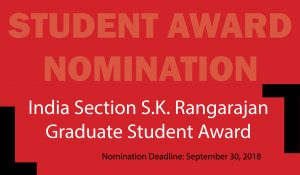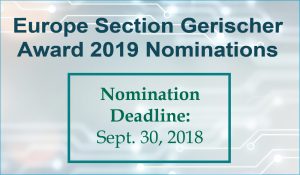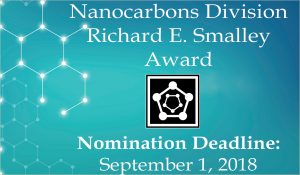Did you know? ECS awarded 82 students with travel grants to attend the latest ECS meeting, AiMES, last week in Cancun, Mexico. And, of all the presentations given at AiMES, 27% came from student oral presentations and student posters. We couldn’t have done it without your help and support!
Your donations helped provide young researchers with the opportunity to learn and bring more value to their work, explore new opportunities and network at our international meetings. But don’t take our word for it. Take theirs:
Samuel Castro Pardo, a PhD student at Rice University in Texas, says because of his travel grant, he was able to attend AiMES last week and discover a solution he was looking for. “I’ve been struggling with a project for a few months, and a speaker mentioned something during a talk, and I said, ‘Oh my gosh, I think I know why my experiment isn’t working.'” Pardo is already planning for future experiments with this newfound information.
Raisa Oliveira, a PhD student from the Instituto Superior Tecnico in Portugual, says she wouldn’t have been able to attend AiMES without her travel grant, as her supervisor doesn’t have the finances to support the trip. “It’s an amazing opportunity to be here,” said Oliveira. “I can be drinking coffee, look up, and say, ‘this is the person whose paper I read yesterday.’ I’m meeting my stars, my scientific stars.”
Matthias Künzel, a PhD student from the Karlsruhe Institute of Technology in Germany, says his travel grant allowed him to attend AiMES, which he finds particularly important due to its international reach. “I think people learn different in different countries,” says Künzel. “In Germany, we follow rules strictly. Talking to other people who have different views pushes you to approach things differently.”


